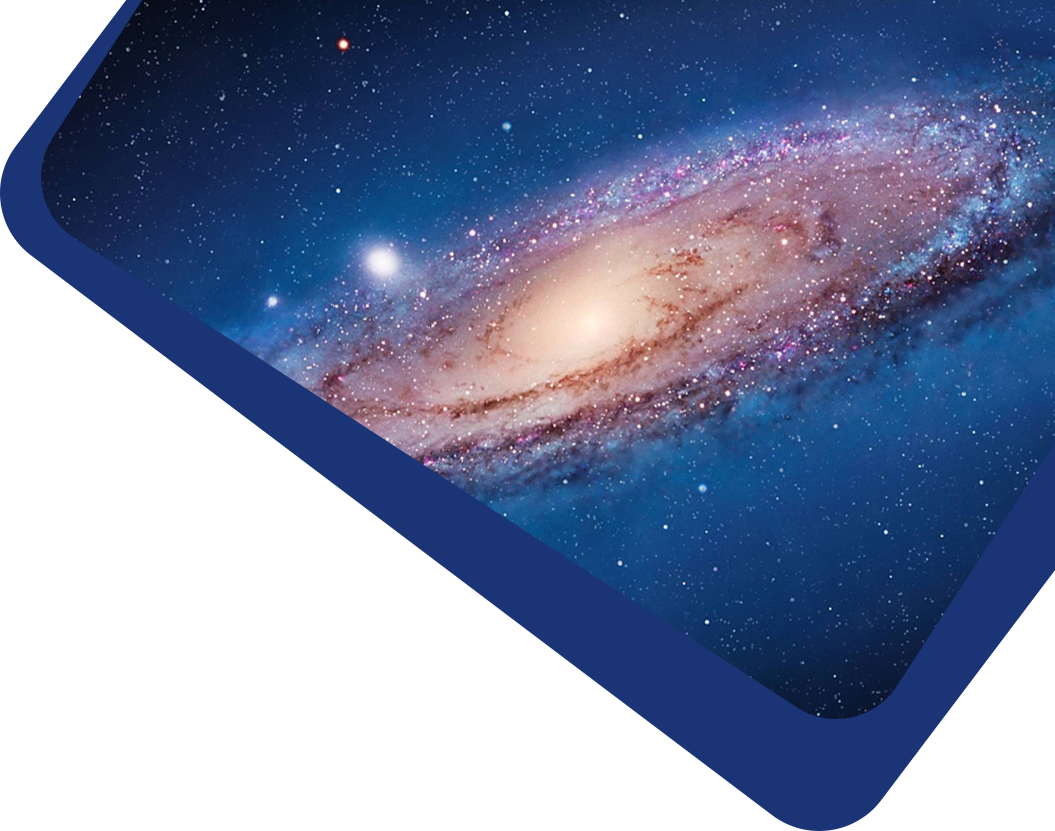

Abstract The effective observation of burst events in solar radio research has been impeded by various interference signals, especially interference signals with a wide frequency range and high intensity, as they can partially or completely obscure the observation of burst events. Image processing methods that directly remove the interference signal channels and subtract the average of the interference signal channel are not suitable for processing all types of interference signals. This paper proposes the use of a specific kind of recurrent neural networks, called long short-term memory networks, to predict the value of the radio frequency interference signals with high intensity of the burst event in the solar radio spectrum. The predicted interference can then be removed in accordance with the principle that signals can be linearly added. Therefore, predicted value is subtracted from the data containing the burst event signals and the RFI signals (The radio frequency interference signals to be processed in this article refer to the signal of the broadcast signal that can be received in the frequency range, the signal transmitted by the mobile phone, and the signal transmitted by the sea vessel, and the like) to remove the interference. Then, in order to reduce the error caused by the stepwise prediction in the network and further improve the prediction accuracy, this paper analyzes the characteristics of the value of the radio interference and applies the digital mapping method to convert the prediction problem into the classification problem in the time series. The experimental results show that the proposed method can effectively remove the radio interference in the solar spectrum and clearly show the burst events.
Keywords Sun: radio radiation — methods: data analysis — techniques: image processing
It accepts original submissions from all over the world and is internationally published and distributed by IOP